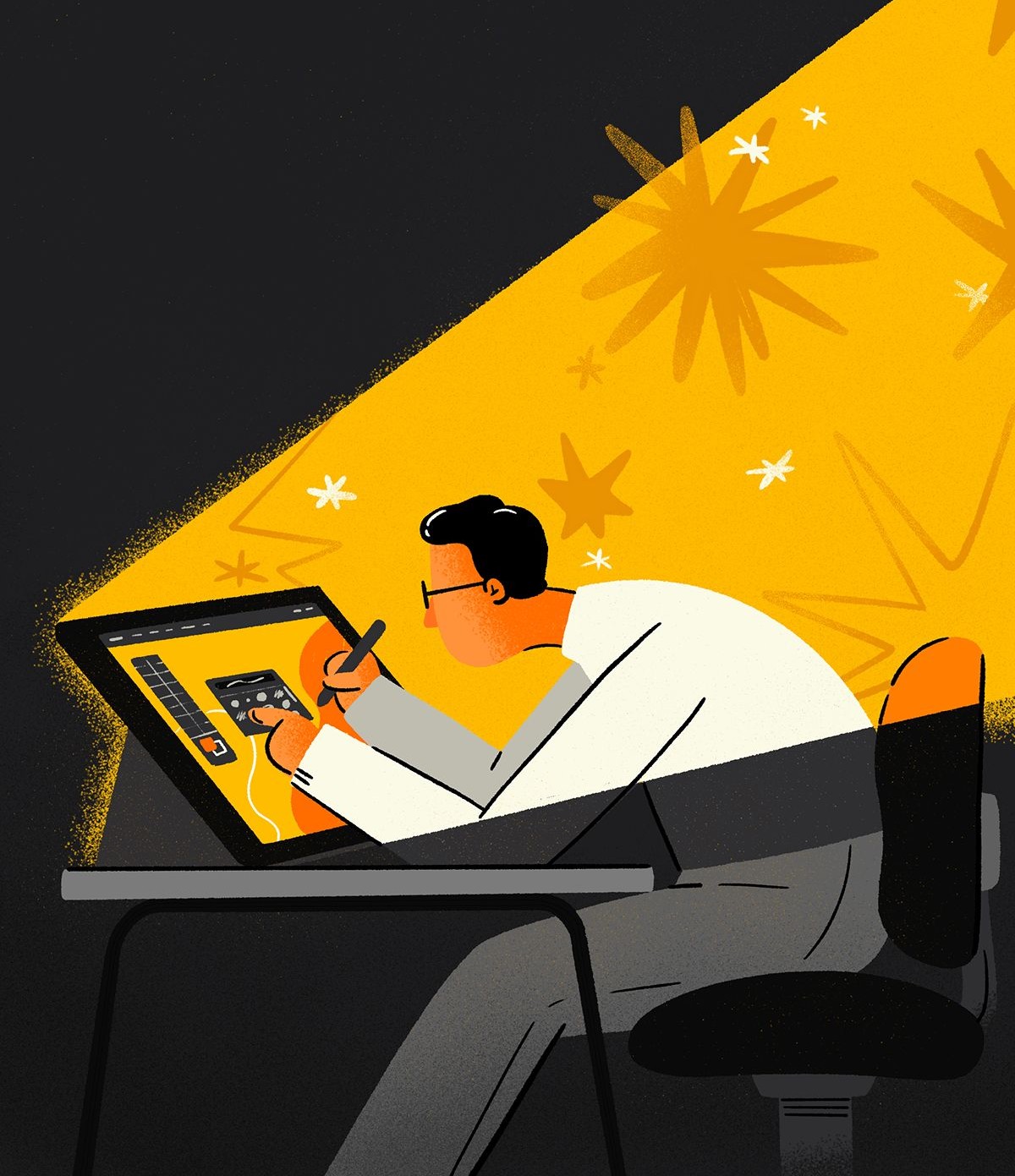Event magic: Virtual events
May 10, 2017
This week, we got to sit down with Hilary Laney, President and CEO of Evia, to learn more about the world of virtual events. Evia, formerly known as Tri-Digital, has been a leader in their industry for over 20-years and recently rebranded to mark their evolution as they fully embrace the transformation of event technologies. Hilary recently spoke at MPI Cascadia Educational Conference on the topic of Virtual Events and we were able to catch up with her to tap her expertise.
Silver Fox Productions: Technology has really transformed the event landscape and Evia plays a prominent role in the event ecosystem. Can you share with us what Evia specializes in and how you have embraced technology to lead the way into this new era of event services.
Hilary Laney: Absolutely! Evia is an event production company that offers a full suite of services along with a SaaS product that allows our customers to build their own virtual events for their attendees. We specialize in creating the best virtual event experience for our customers based on their goals for reaching the right audience in the most effective way possible. This means technical agnosticism is essential and something we have always been focused on as a business. So, although the technologies have transformed through the years, what we do at the core has remained the same.
SFP: The expectations of the attendee experience are rapidly evolving with new technologies being infused into event production. What do you see happening out there and how are you addressing the changes to the way people consume information?
HL: Although emerging technologies are influencing the way people are consuming event content, I actually feel the shift in generational presence at events has had a bigger impact. While Baby boomers and Generation X are accustomed to longform content, Millennials and Generation Z prefer to consume shorter stints of information that conveys the message effectively. This disparity in preference of content consumption is impacting the entire format of events. We are seeing shorter session timeslots, capturing content across the event versus just the presentations, and a higher demand for a more ‘on the fly’ approach to recording moments by using Live Now platforms such as Facebook Live.
SFP: Can you share an example of an outdated practice that is still being used today?
HL: Believe it or not, we are still seeing some organizations providing their attendees with PowerPoint files delivered alongside of audio files of the live presentation. This means the attendees must flip through the slides as they listen to the presentation. Although this solution is a low barrier of entry to the virtual event space, it is not an ideal experience for the end user. It may in fact drive attendees away from the experience rather than draw them in. In these instances I always recommend that the business owner starts inching their way towards a digital solution with data capture of the most desired content from their events. Year over year, they can continue to grow the experience as budget allows and demand increases.
SFP: Event services largely operate behind the scenes. What are some of Evia's best practices that are often overlooked?
HL: Testing! Testing! Testing! Given that most of what we deliver is heavily reliant on our ability to effectively integrate with our event partners, it is absolutely essential that we thoroughly test our deliverables before the event kicks off. For us, this means coordinating central locations with all of the right equipment and resources involved. We try to recreate what will be experienced onsite as best we can so we can all feel confident what we deliver will not only work properly, but also meet the technical requirements of our customers. Technical validation is the result we are always aiming to seek with the prevent tests, which is conveyed through the detailed documentation our team submits.
SFP: Looking into the future, what are you most excited about as the event experience evolves?
HL: Looking into the future of events is always liberating because there are so many possibilities due to the advancements in technologies. At Evia, we talk a lot about the role Virtual and Augmented Realities will play in events as the technologies become more accessible. Since our focus has always been how to best deliver the in person event experience to those who cannot be there in person, it is very natural that VR and AR will eventually be the right mechanism to accomplish this challenge. Fortunately, we are in a city that has a lot of movement in this space and so hopefully events in the Puget Sound will be some of the first to incorporate this experience!
SF: Thank you for your time today, Hilary!
HL: Always a pleasure!
Ah, there is VR/AR again. We’re going to do some investigating on how this technology may be adopted into your event experiences—stay tuned.










